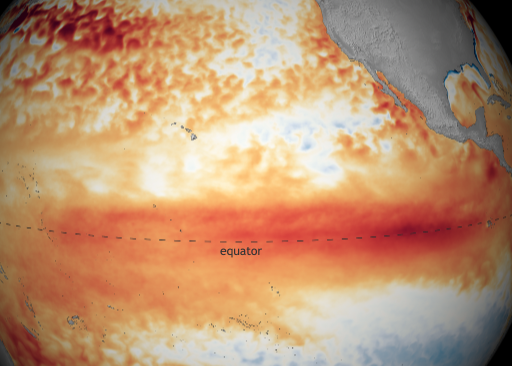
There were spikes in global temperatures last year that pose disquieting questions about whether we’re underestimating the changes faced by the planet. Roger Highfield, Science Director, reports.
Roger Highfield is the Science Director at the Science Museum Group, a member of the UK's Medical Research Council and a visiting professor at the Dunn School, University of Oxford, and Department of Chemistry, UCL. He studied Chemistry at the University of Oxford and was the first person to bounce a neutron off a soap bubble. Roger was the Science Editor of The Daily Telegraph for two decades, and the Editor of New Scientist between 2008 and 2011. He has written or co-authored ten popular science books, most recently Stephen Hawking: Genius at Work, and has had thousands of articles published in newspapers and magazines.

There were spikes in global temperatures last year that pose disquieting questions about whether we’re underestimating the changes faced by the planet. Roger Highfield, Science Director, reports.
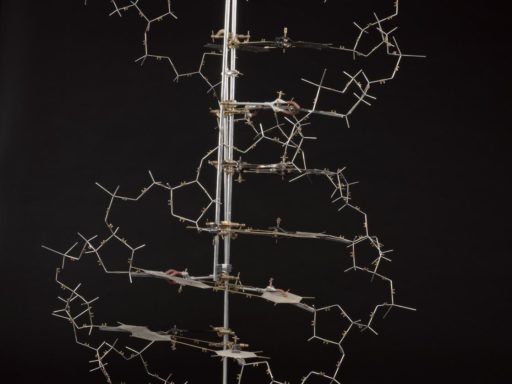
This week we explore bias in genetic databases in an online event. To discuss why this is so important for our future health, Science Director Roger Highfield talks to Professor Naomi Allen, Chief Scientist of UK Biobank.
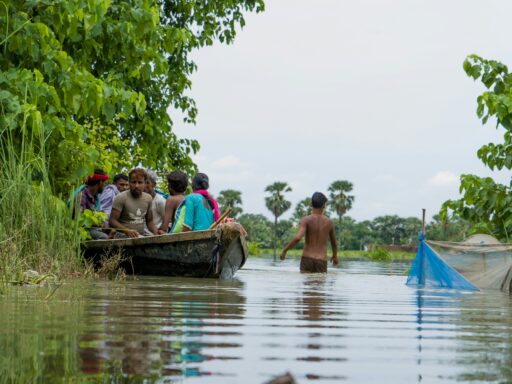
Roger Highfield, Science Director, discusses a paper published today that suggests AI could warn one fifth of the world’s population about devastating floods.
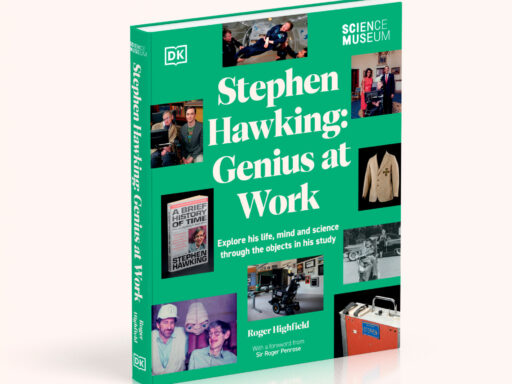
Roger Highfield discusses his favourite objects from Stephen Hawking’s office, the subject of his new book: Stephen Hawking: Genius at Work.
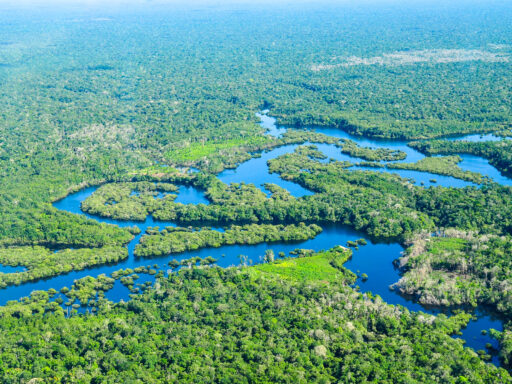
A new warning about a large-scale collapse of the world’s greatest rainforest comes from a study published today, reports Roger Highfield, Science Director.
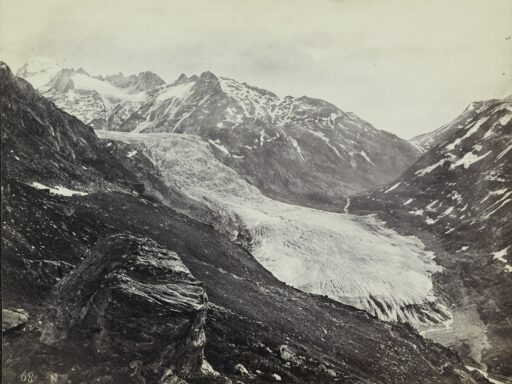
The rapid melting of glaciers is wiping out valuable records of past climates, reports Roger Highfield, Science Director.
Science Director, Roger Highfield, discusses a report published today on a detailed regional study that underlines the colossal cost of doing nothing to curb climate change.
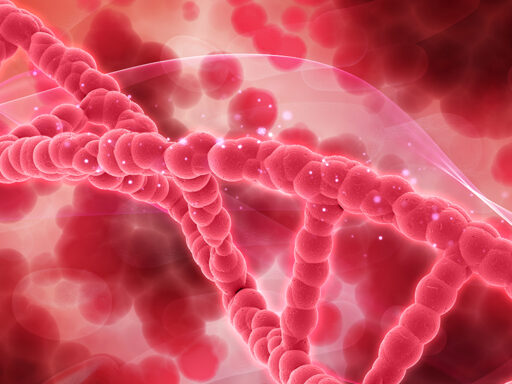
After a landmark regulatory approval, gene editing is now being trialled with children, reports Roger Highfield, Science Director.
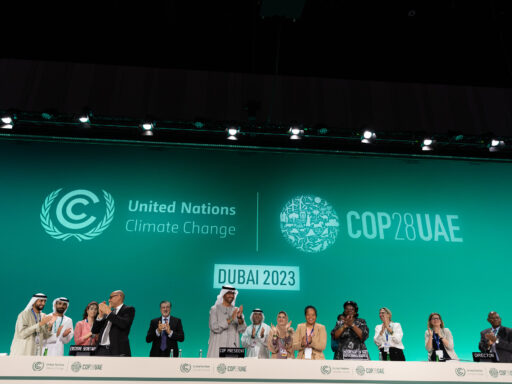
Though a ‘historic’ deal was struck, efforts to keep global heating to below 1.5 degrees look unrealistic, says Science Director Roger Highfield.
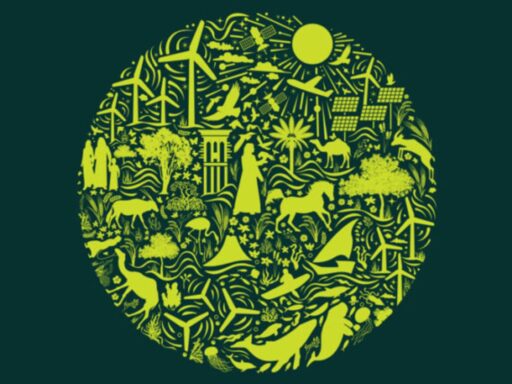
As 70,000 delegates gather in Dubai, the world is almost out of time to curb dangerous climate change, reports Roger Highfield, Science Director.

A systematic review and analysis have shown plant-based diets are healthy, complementing research that shows they benefit the planet too. Roger Highfield, Science Director, reports on today’s study.
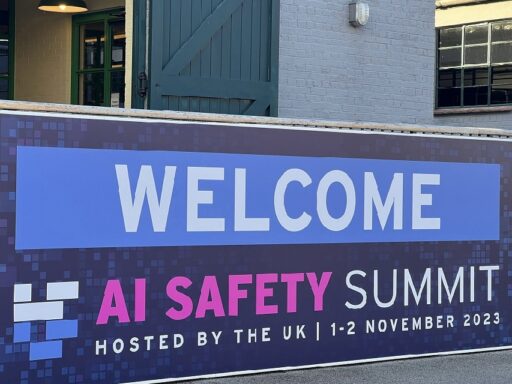
Roger Highfield, Science Director, outlines why the key aim of today’s AI Safety Summit is to ensure that we can all enjoy the benefits of artificial intelligence.